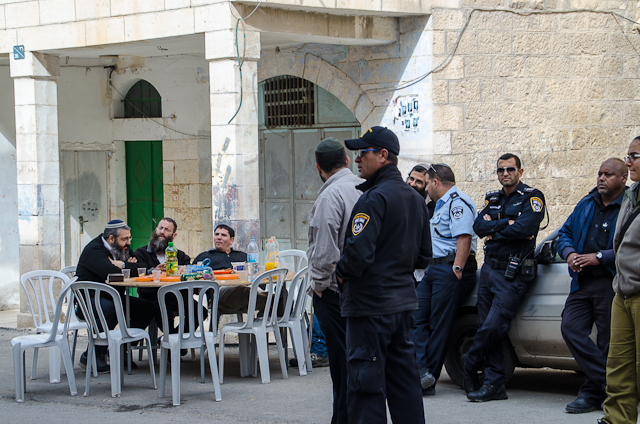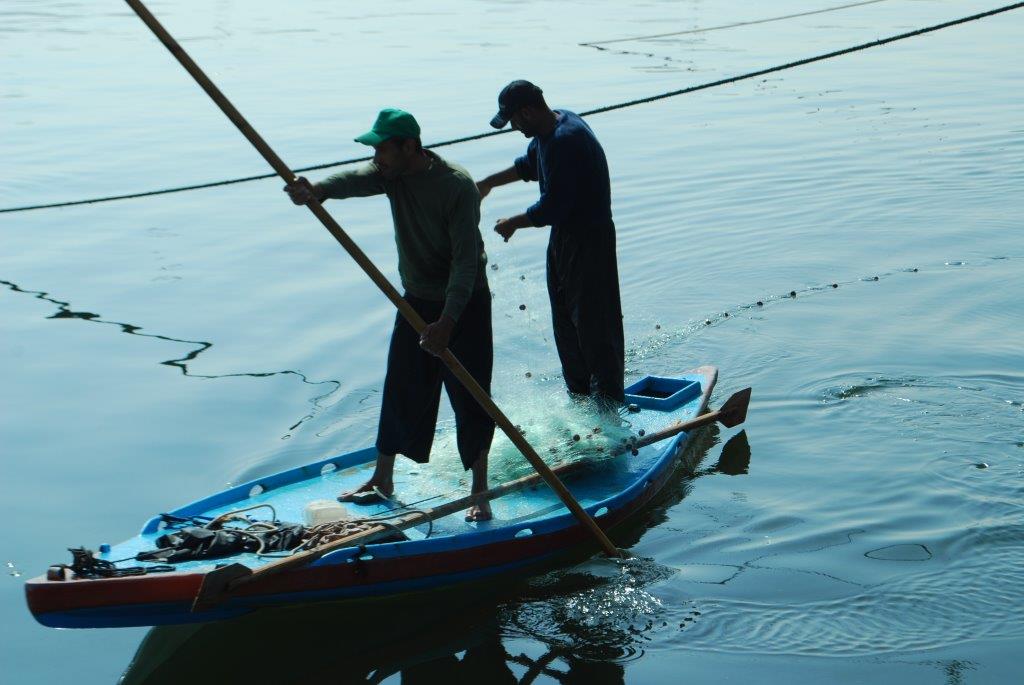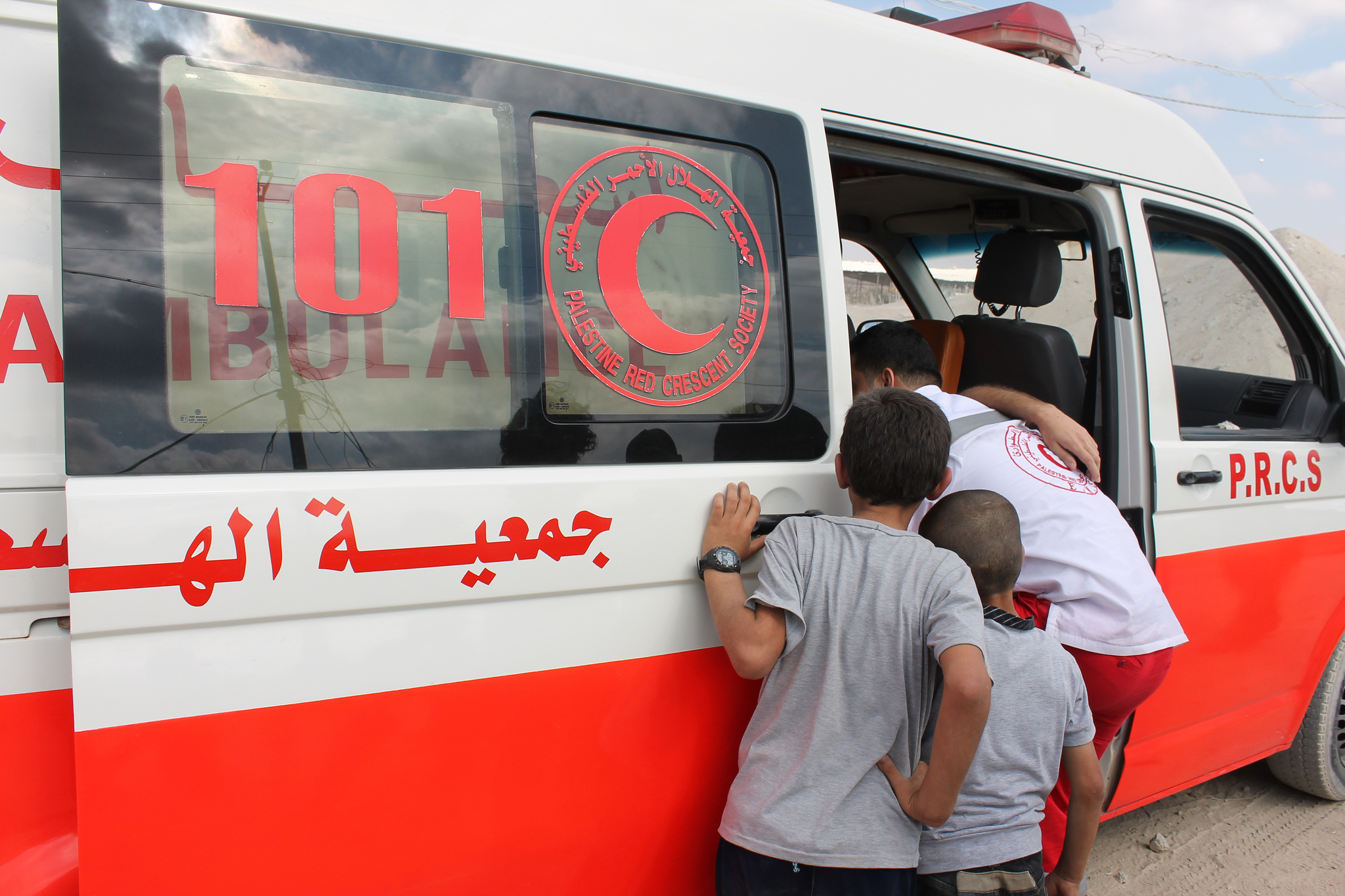Category: Reports
-
Israeli settlers prevent shop renovation in Hebron
23rd February 2014 | International Solidarity Movement, Hebron Team | Hebron, Occupied Palestine On Sunday the 23th of February at around 9:30 a.m. more than ten settlers forced a Palestinian shop owner to stop renovating his shop. The settlers did this by sitting at tables and chairs they had brought from the nearby Gutnick Center in Hebron, an…
-
Israel continues military violence against Palestinian fishermen in Gaza waters
19th February 2014 | International Solidarity Movement, Charlie Andreasson | Gaza, Occupied Palestine Three Palestinian fishermen were arrested and had their boats and gear confiscated by occupation forces on Tuesday, 11th February, in two separate incidents, despite the fact that they were well within the Israel-permitted zone and could not be classified as security threat to the State…



